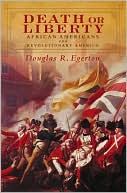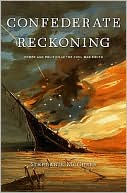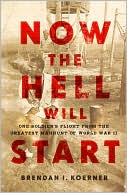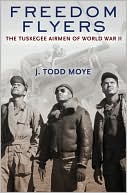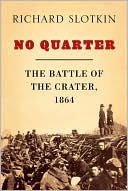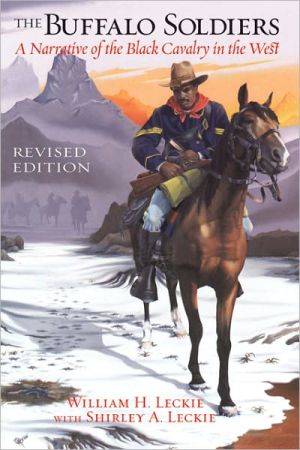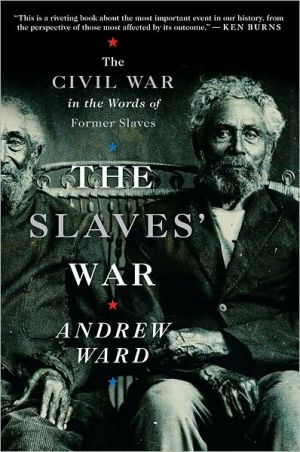Death or Liberty: African Americans and Revolutionary America
Search in google:
In Death or Liberty, Douglas R. Egerton offers a sweeping chronicle of African American history stretching from Britain's 1763 victory in the Seven Years' War to the election of slaveholder Thomas Jefferson as president in 1800. While American slavery is usually identified with the cotton plantations, Egerton shows that on the eve of the Revolution it encompassed everything from wading in the South Carolina rice fields to carting goods around Manhattan to serving the households of Boston's elite. More important, he recaptures the drama of slaves, freed blacks, and white reformers fighting to make the young nation fulfill its republican slogans. Although this struggle often unfolded in the corridors of power, Egerton pays special attention to what black Americans did for themselves in these decades, and his narrative brims with compelling portraits of forgotten figures such as Quok Walker, a Massachusetts runaway who took his master to court and thereby helped end slavery in that state; Absalom Jones, a Delaware house slave who bought his freedom and later formed the Free African Society; and Gabriel, a young Virginia artisan who was hanged for plotting to seize Richmond and hold James Monroe hostage. Egerton argues that the Founders lacked the courage to move decisively against slavery despite the real possibility of peaceful, if gradual, emancipation. Battling ouge odds, African American activists and rebels succeeded in finding liberty—if never equality—only in northern states. Canvassing every colony and state, as well as incorporating the wider Atlantic world, Death or Liberty offers a lively and comprehensive account of black Americans and the Revolutionary era in America. "Now, for the first time, the scores of recent investigations of black participation in the American Revolution have been synthesized into an elegant and seamless narrative. In Death or Liberty...Douglas Egerton shows that African Americans not only extracted the most liberty from the Revolutionary experience but also paid the highest price for it." —Woody Holton, author of Unruly Americans and the Origins of the ConstitutionPublishers WeeklyEgerton (Gabriel's Rebellion) traverses the rise and the debatable inevitability of slavery in the United States between the end of the Seven Years' War (1763) and Jefferson's election (1800), arguing that the "division of the Republic into free wage labor sections and proslavery regions did not have to happen that way." But it did; in spite of the uprisings by Denmark Vesey and Gabriel echoing slogans from the fight for independence, the American Revolution "failed to fulfill its promise of freedom." If the territory seems familiar, the author approaches it on a road less traveled, surveying what the revolution meant to black contemporaries: Jefferson's servant Richard responds to the ideological arguments concerning slavery; Quok Walker's successful lawsuit merges with an account of emancipation in the states north of Delaware; Titus, who fought with the Loyalists, leads to the examination of the role of black combatants. Egerton has crammed a great deal of political, legal and social history into this dense but accessible book. He has achieved an extraordinary synthesis, while maintaining a careful attentiveness to regional, even state, differences during this period when the United States was aborning and things might have happened differently. (Jan.)Copyright © Reed Business Information, a division of Reed Elsevier Inc. All rights reserved.
Prologue: The Trials of William Lee: A Life in the Age of Revolution 31 Equiano's World: The British Atlantic Empire in 1763 152 Richard's Cup: Slavery and the Coming of the Revolution 413 The Transformation of Colonel Tye: Black Combatants and the War 654 Quok Walker's Suit: Emancipation in the North 935 Absalom's "Meritorious Service": Antislavery in the Upper South 1226 Captain Vesey's Cargo: Continuity in Georgia and the Carolinas 1487 Mum Bett Takes a Name: The Emergence of Free Black Communities 1698 Harry Washington's Atlantic Crossings: The Migrations of Black Loyalists 1949 A Suspicion Only: Racism in the Early Republic 22210 Eli Whitney's Cotton Engine: Expansion and Rebellion 248Epilogue : General Gabriel's Flag: Unsuccessful Coda to the Revolution 271Notes 283Index 333
